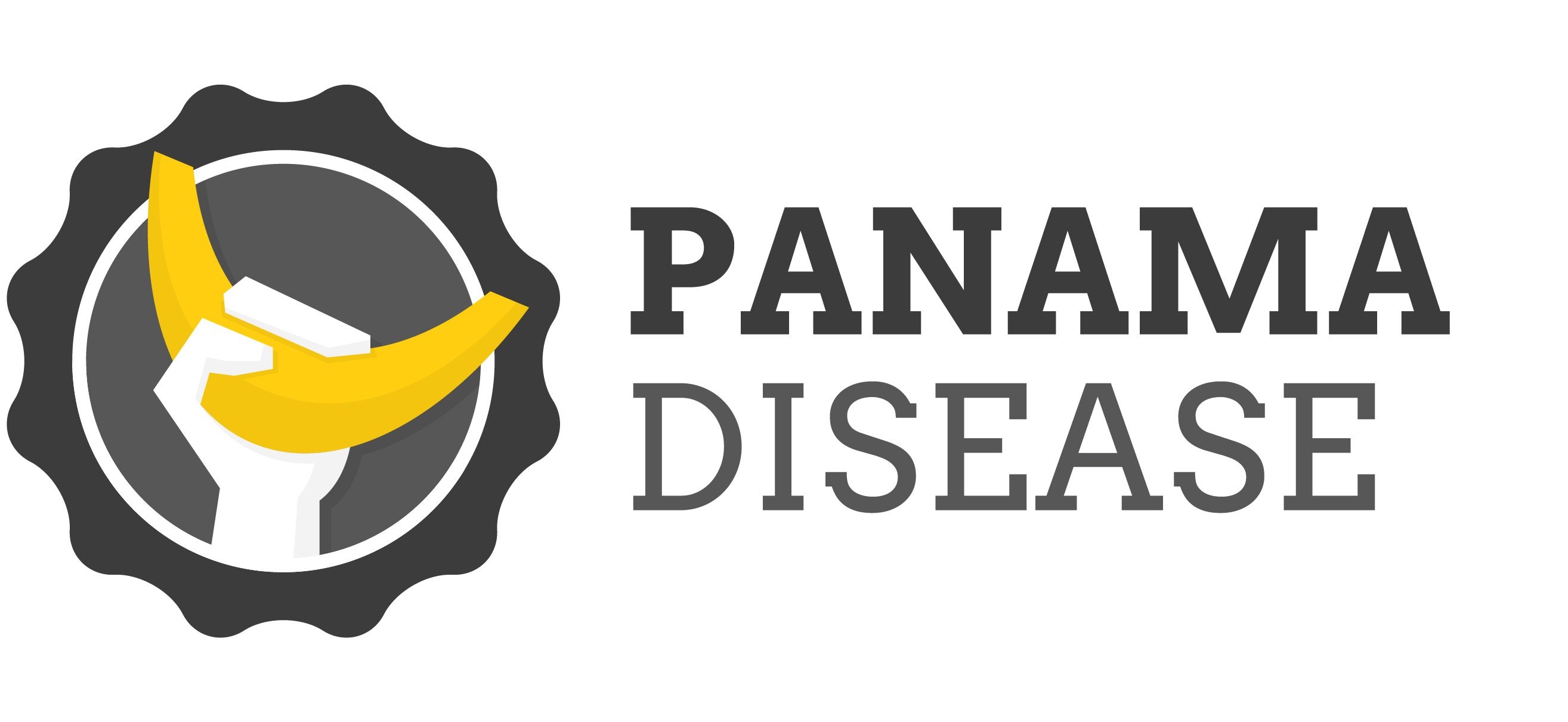As a satellite meeting to the 2016 International Banana Congress & ACORBOAT meeting in Miami, Florida, the INREF team met at the University of Florida and Tropical Research Center, Homestead, Florida, April 18-19 2016.
The meeting was organized by Prof. Dr. Randy Ploetz, one of the members of the External Advisory Board (EAB) of the INREF program. The other members of the EAB, Prof. James Dale (Queensland University of Technology, Brisbane, Australia), Dr. Fazil Dusunzeli (FAO HQ, Italy) and Dr. Ronald Romero (Del Monte Fresh Fruits, Costa Rica), were joined by the internationally renowned banana researchers Dr. Miguel Dita (Embrapa, Brazil) and Prof. Dr. Andre Drenth (University of Queensland, Brisbane, Australia) to review the progress of the INREF program.
The meeting program involved short presentations of current research followed by a round of questions and discussions, followed by internal discussions and future prospects on the development and finalizing of the program. Presentations for the 6th International Banana Congress & 21st ACORBOAT meeting were developed and discussed. The EAB and guest reviewers were impressed by the results of the INREF program, which is a unique suite of interdisciplinary R&D projects that should be the foundation for new projects to continue international links, collaborations and research for managing Fusarium wilt in global banana production.
On April 19 – 22, 2016 the 6th International Banana Congress & 21st ACORBOAT meeting took place Miami too. Prior to the Corbana/Acorbat meeting the INREF team organized a stakeholder event on April 19th to discuss the INREF progress and perspectives with INREF partners and interested attendees. These presentations were developed during the INREF satellite in Homestead, and were discussed in lively round table feed-back/lunch discussions. The INREF students used this feed-back for articulating the final phase of their individual projects.
The 6th Corbana International Banana Congress and the 21st Acorbat meetings were for the first time combined and as such it was a unique event. However, the organizers also decided to move the meeting from San José, Costa Rica, to Miami to avoid any potential TR4 incursion into Costa Rica as the meeting attracted over 3,000 attendees from all over the world, including TR4 infested countries.
The combined 6th Corbana International Banana Congress and 21st Acorbat meeting is the largest banana sector meeting in the world. The industry gathers to discuss the latest developments throughout the sector with presentations from virtually every aspect of banana production. Disease control is always a major part of the program with substantial attention for black Sigatoka caused by Pseudocercospora fijiensis as well as soil management and reduction of chemicals. Regarding banana as a business a very complete and detailed overview was given on how the banana industry evolves and transforms to meet customer demands or other factors such as climate change, politics and various other subjects.
In addition, the organizers programmed one full day to discuss the TR4 threat and INREF was prominently present during this day. Prof. Randy Ploetz kicked-off the program with a key-note address on the history and status of Fusarium wilt in banana. This was followed by a talk of INREF coordinator Prof. Dr. Gert Kema about the latest developments about the global genetic diversity of Fusarium oxysporum f.sp. cubense, with emphasis on diagnosis, detection and management practices as well as screening for resistance to TR4 in banana germplasm. Furthermore, scientists from Australia, Brazil, China, Cuba, France, Honduras, South Africa, The Netherlands and Philippines presented their views and results on the threat of TR4. Presentations covered banana breeding – genetic engineering, conventional and somaclone development – TR4 diagnosis and detection as well as the potential of biological control. The breeding perspective provided a potential outlook for managing TR4 in the future despite the long-term horizon. The INREF team was represented by two keynote talks (Gert Kema and Jetse Stoorvogel), two short talks (Maricar Salacinas and Rafael Segura) and four posters.
